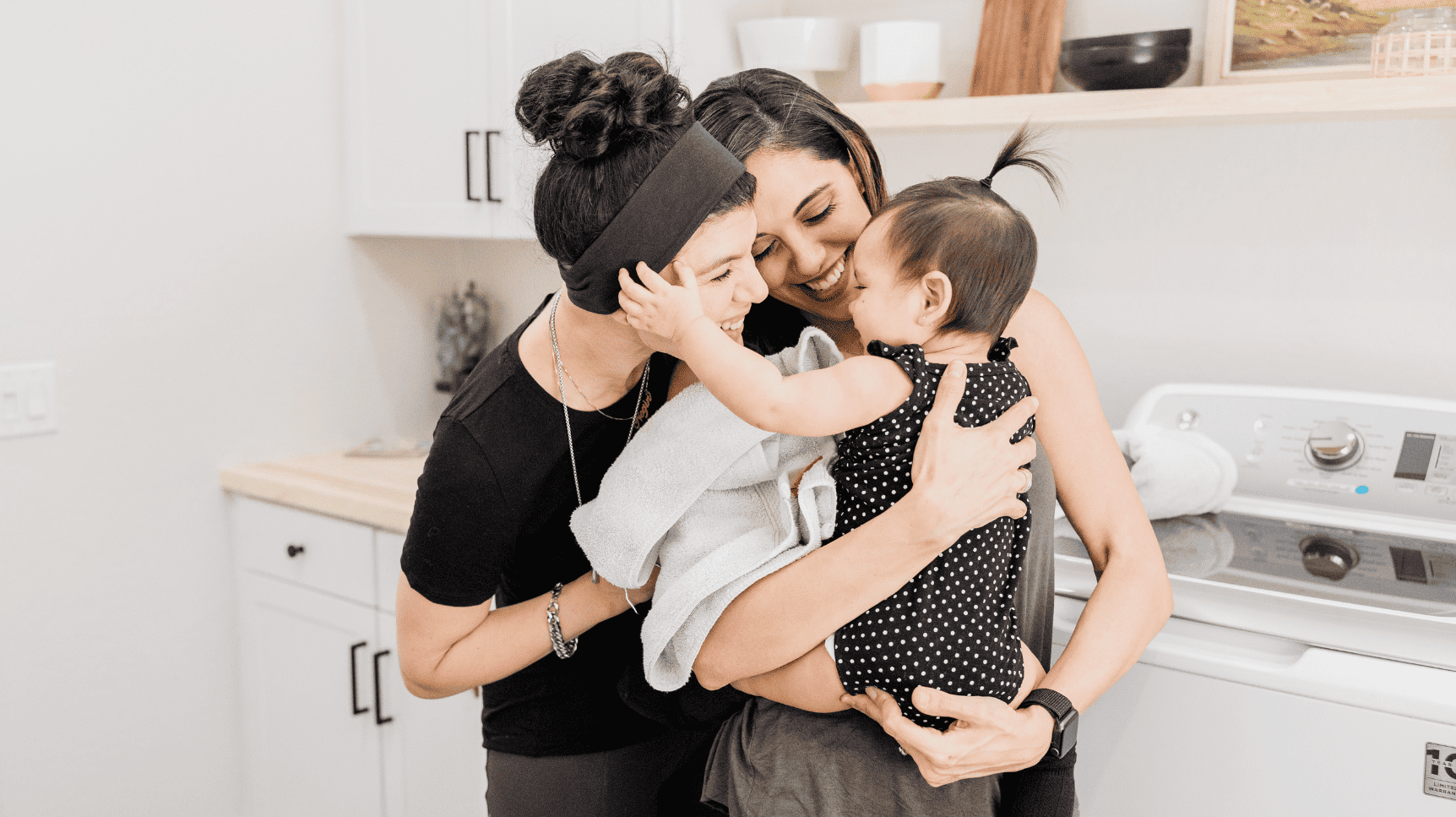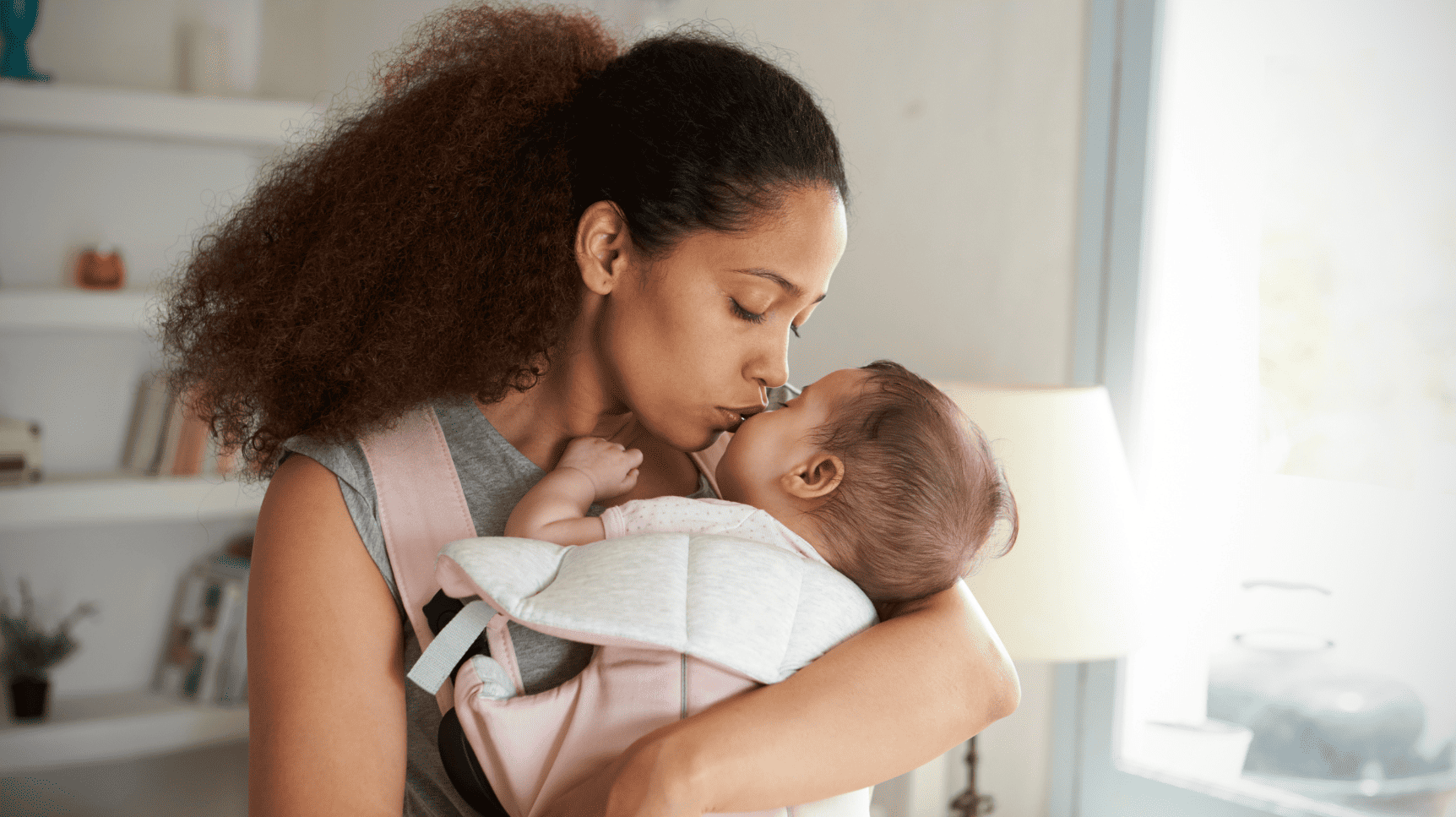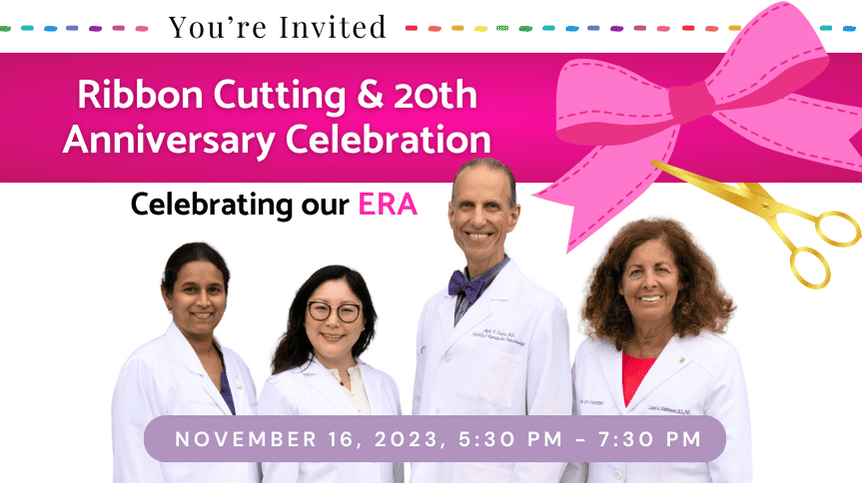 The decision to freeze one’s eggs is a personal and complex one that depends on various factors, including an individual’s personal circumstances, goals, and medical considerations. Freezing eggs, also known as oocyte cryopreservation, is one method of female fertility preservation (FFP). Egg freezing is a process in which a woman’s eggs are extracted, frozen, and stored for potential use in the future.
The decision to freeze one’s eggs is a personal and complex one that depends on various factors, including an individual’s personal circumstances, goals, and medical considerations. Freezing eggs, also known as oocyte cryopreservation, is one method of female fertility preservation (FFP). Egg freezing is a process in which a woman’s eggs are extracted, frozen, and stored for potential use in the future.
With over 20 years of experience in IVF, oocyte cryopreservation, and female fertility preservation, we’ve discovered some common factors to consider when making a decision about egg freezing.
Should You Freeze Your Eggs?
It’s a common question that fertility doctors hear as younger women enter careers and may need more time to think about a family. You can even take a quiz to see if you quality for egg freezing. While oocyte cryopreservation and FFP has become increasingly popular, it’s important to understand all the pros and cons of egg freezing, in addition to qualification.
Age
Fertility declines as women age, and the quality and quantity of eggs decrease. Freezing eggs at a younger age can help preserve their quality and increase the chances of a successful pregnancy later in life.
Career and Personal Goals
Some women may choose to freeze their eggs to prioritize their education, career, or other personal pursuits without feeling rushed to start a family. It provides flexibility and peace of mind for those who want to delay pregnancy.
Medical Conditions and Treatments
Certain medical conditions or treatments like chemotherapy may impact fertility. Freezing eggs before undergoing such treatments can preserve the possibility of having biological children in the future.
Relationship Status
Women who are not in a committed relationship but desire to have children in the future may choose to freeze their eggs as a way to extend their reproductive options.
Emotional Considerations
Egg freezing can alleviate the pressure and anxiety associated with age-related fertility decline, providing women with a sense of control over their reproductive choices.
It’s essential to consult with a fertility specialist or reproductive endocrinologist who can provide personalized advice based on your specific circumstances. They can evaluate your ovarian reserve, discuss the success rates, risks, and costs associated with the procedure, and help you make an informed decision.
Remember that freezing eggs does not guarantee a future pregnancy, but it can increase the chances of having biological children when the time is right.






